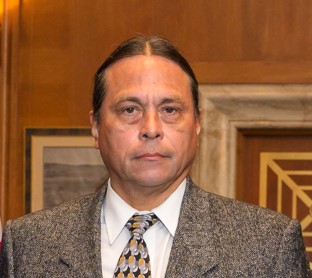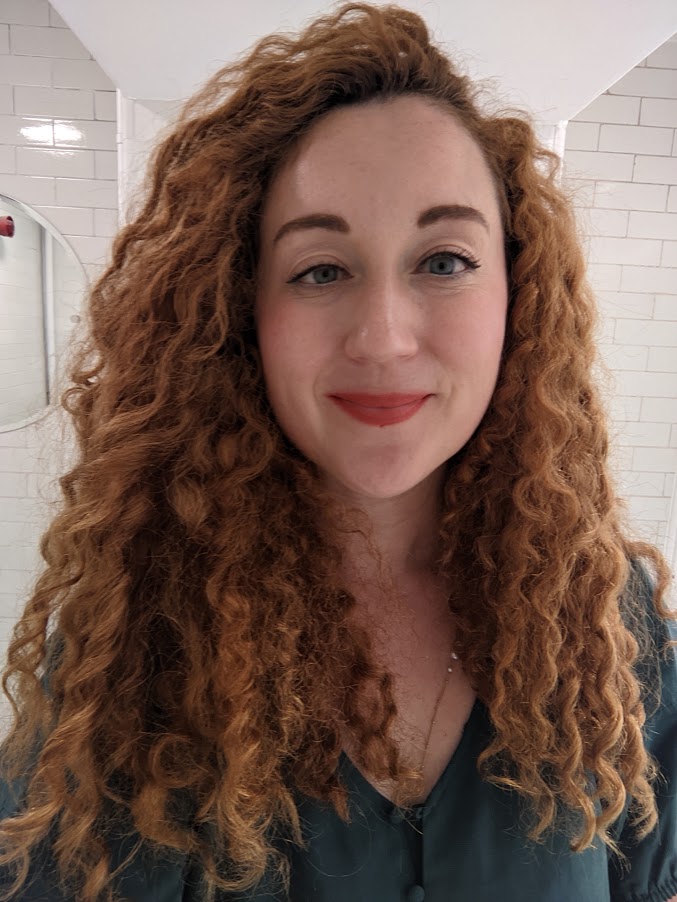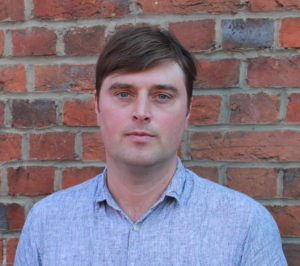
Webinar: The legacy of British nuclear weapons colonialism
Event Date: 10th November 2023
Location: Internet 14:00 GMT
Webinar: The legacy of British nuclear colonialism
10 November 14:00 GMT
Throughout its history the UK’s nuclear weapons programme has depended upon the resources, lands and labour of indigenous communities. Join us to discuss the impacts and the struggle for justice with representatives from some of those communities.
Speakers:
Marie-Claire Faray outlining some of the impacts of uranium mining for nuclear weapons in the Democratic Republic of Congo
Ian Zabarte from the Western Shoshone Nation speaking on the impacts of British nuclear weapons testing in Nevada, USA,
Dr Becky Alexis-Martin will discuss her work on Pacific islands, atomic justice and the role of community knowledge in creating fairer support for people who have been affected by nuclear weapons.
David Cullen, Nuclear Information Service, will outline connections between the history of nuclear colonialism and the current UK nuclear weapons programme.
Chaired by:
Trish Whitham, Co-ordinator at Nuclear Information Service
There will be opportunity for questions during the event. Please share this event with relevant colleagues and friends.
REGISTER
If you can, please donate to support our work
Nuclear Information Service
www.nuclearinfo.org
[email protected]
0118 327 4935
PUBLISHED: 25.09.2023
CATEGORIES: UK WARHEAD GOVERNMENT POLICY SAFETY
Friday 10 November 14:00 GMT
REGISTER HERE
Throughout its history the UK’s nuclear weapons programme has depended upon the resources, lands and labour of indigenous communities. Join us to discuss the legacy of this exploitative system and the struggle for justice with representatives from some of those communities.
Speakers:
Marie-Claire Faray outlining some of the impacts of uranium mining for nuclear weapons in the Democratic Republic of Congo (DRC)
Ian Zabarte from the Western Shoshone Nation speaking on the impacts of British nuclear weapons testing in Nevada, USA,
Dr Becky Alexis-Martin will discuss her work on atomic epistemic justice and the role of community knowledge in creating fairer support for people who have been affected by nuclear weapons.
David Cullen, Nuclear Information Service, connections between the history of nuclear colonialism to the current UK nuclear weapons programme.
Chaired by :
Trish Whitham, Co-ordinator at Nuclear Information Service
There will be opportunity for questions during the event.
Speaker biographies

Marie-Claire Faray, is a freelance consultant and researcher. She trained and worked as a research scientist in infectious diseases and molecular microbiology. She is a Human’s rights defender with a special interest in Women, Peace and Security as well as Justice, demilitarisation and disarmament in Africa. She has edited, published and contributed to various articles and reports on human security, human equality, women’s rights in Africa, especially in D.R.Congo. She promotes African women pre-colonial and postcolonial stories to raise their profile out of dehumanised rubble of history.

Ian Zabarte is Principal Man and Secretary of State of the Western Shoshone National Council for the Western Bands of the Shoshone Nation of Indians. He is from the Duckwater Shoshone Community 100 kilometers downwind from the Nevada National Security Site, formerly the Nevada Test Site. He is also the Secretary of the Native Community Action Council a party with standing in the US Nuclear regulatory Commission Atomic Safety Licensing Board Panel on the proposed Yucca Mountain high-level nuclear waste repository. He is a 2017 appointee to the United States Nuclear Regulatory Commission Licensing Support Network Advisory Review Panel.

Dr Becky Alexis-Martin is a pacifist academic in Peace and International Development at the University of Bradford. Her work explores nuclear warfare, social justice, humanitarian and environmental issues, and human rights. She has authored more than sixty-five news articles, book chapters, and peer-reviewed articles. Her first book, “Disarming Doomsday: The Human Impact of Nuclear Weapons Since Hiroshima”, critically considers the social, cultural, and spatial inequalities and harms perpetuated by nuclear warfare and was the recipient of the 2020 L.H.M. Ling Outstanding First Book Prize.

David Cullen joined Nuclear Information Service in 2016 and is the main researcher, report author and spokesperson. He is the author of NIS reports Trouble Ahead, : Risks and rising costs in the UK nuclear weapons programme and Extreme Circumstances: The UK’s new nuclear warhead in context. He has a background in environmental, social justice and disarmament campaigning and previously worked for the International Coalition to Ban Uranium Weapons. He is a Trustee for the Conflict and Environment Observatory.